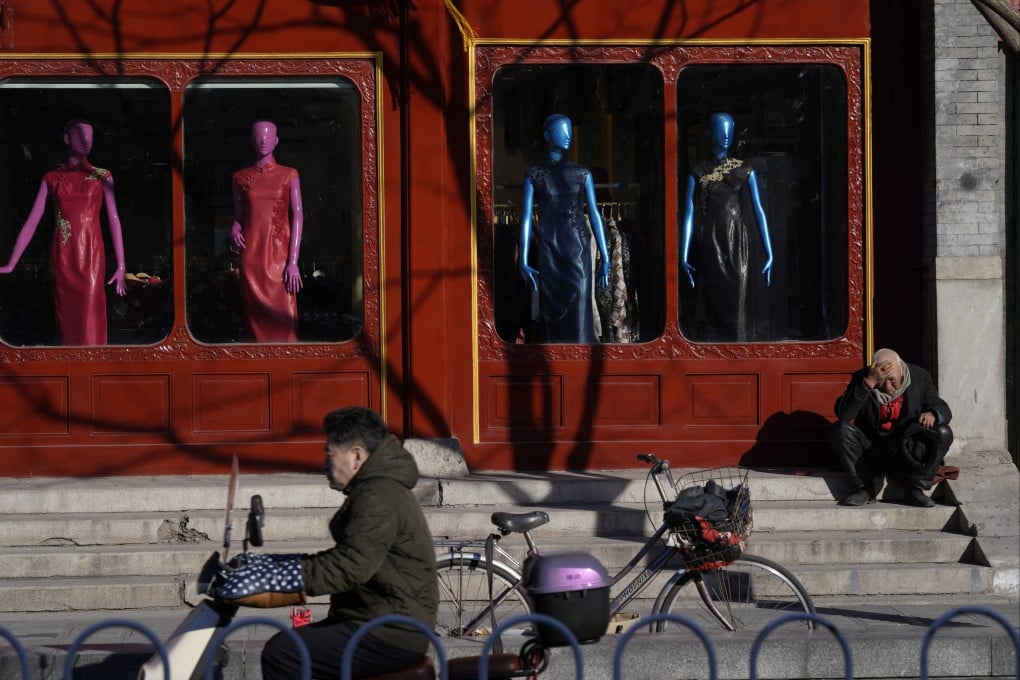Private equity fund backed by the family of Hang Seng Bank’s co-founder bets big on China’s SMEs amid fundraising slump
- Welkin Capital says low valuations have created opportunities to invest in ‘little giants’, despite challenges posed by China’s strict Covid-19 policies
- The private equity firm has invested in Juneyao Airlines, Great Leap Brewing and Aidi Education, with eyes on companies in advanced manufacturing

A private equity (PE) fund backed by the family of the cofounder of Hang Seng Bank said it sees huge potential in China’s middle-market companies despite a slump in fundraising activities in the country.
Hong Kong-based Welkin Capital, which has half a billion US dollars of external assets under management, is betting big on small to medium-sized enterprises (SMEs) in China, company executives said in an interview with the Post.
“The mid-market has been overlooked all around the world,” said Johnny Kong, chief executive and co-founder of the institutional PE firm that originally served as a family office for the wealth of the families of Hang Seng Bank’s co-founder Y.C. Liang and Dragon Air’s co-founder K.P. Chao.
“This market is fundamentally driven by favourable policies [for SMEs] and China’s increasing adoption of domestic technologies and products,” Kong said.
